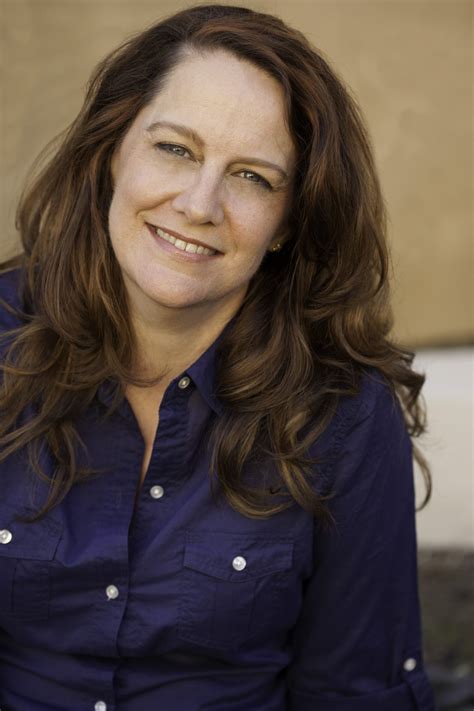A Quote by Ellen DeGeneres
All of my friends were seeing a therapist, and I thought something was wrong with me that I didn't see a therapist. So I went to a therapist to find out why I wasn't seeing a therapist. And it turns out I'm very screwed up. Thank God I found a therapist to tell me for $125 an hour.
Related Quotes
And I hope seeing a therapist becomes 10 times easier in the future. For me, once I came out of treatment, I got into a therapist and continued my road to recovery and health and happiness. But not everyone can do that. It's challenging to see a therapist when you work full-time, when you can't get an appointment within a week, and then by the time you do get one, maybe you feel like your "problem" has lessened and you don't bother to go in. It's about access.
There's a woman I see who's not my therapist, but she's like an old friend who's a therapist in profession. She lets me talk to her like a therapist once in a while, and she does a great thing. Whenever I have a big dilemma, like this is a big problem in my life, she always says, 'Wow, you're going to have to figure that out.'
The kind of caring that the client-centered therapist desires to achieve is a gullible caring, in which clients are accepted as they say they are, not with a lurking suspicion in the therapist's mind that they may, in fact, be otherwise. This attitude is not stupidity on the therapist's part; it is the kind of attitude that is most likely to lead to trust.
I always knew she was being funny, but when I tell my therapist that my mom played the trust game with me and let me fall on the ground, my therapist does not find that funny. She's like, "That's the reason for everything! That's why you have such a hard time with trust!" And I'm like, "I don't really have a hard time with trust. I thought it was funny."


































